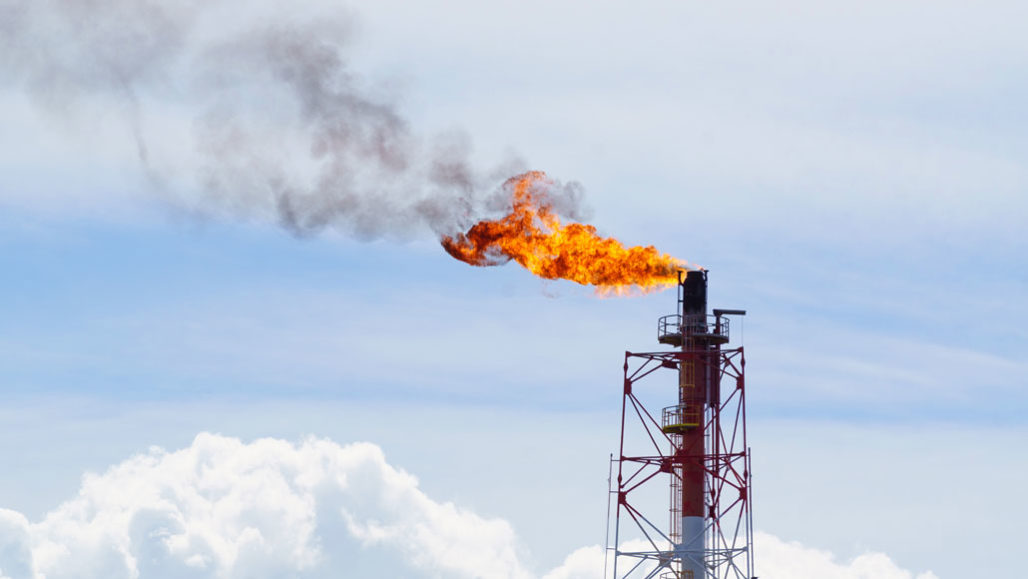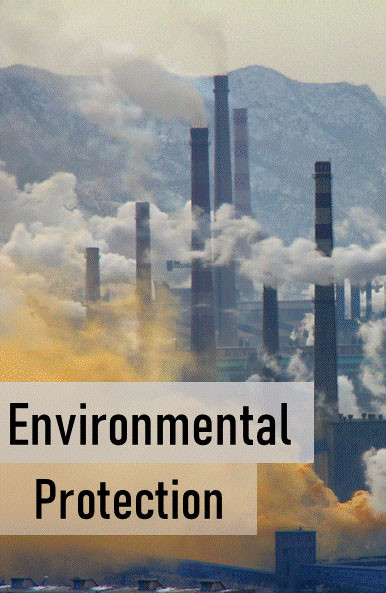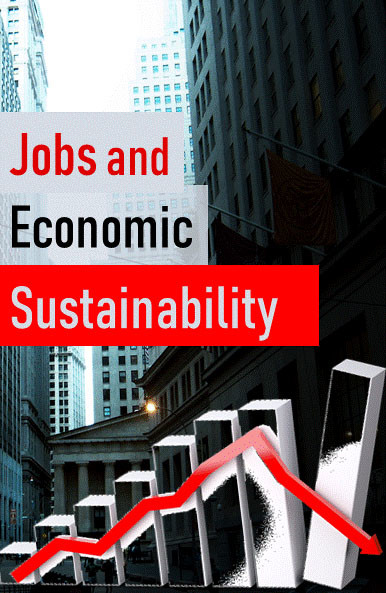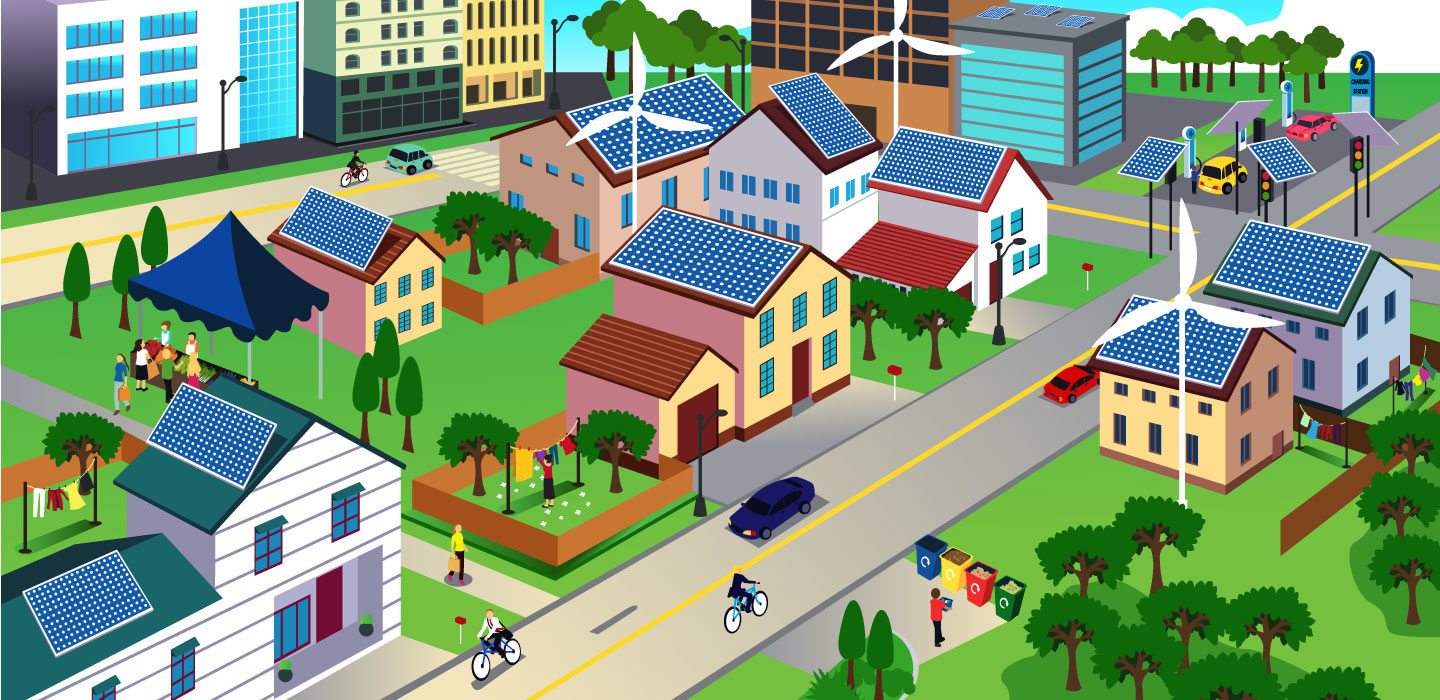The European Commission today proposed a plan to transform the European Union’s agricultural system, to make it more sustainable and safer from a health perspective.
The plan includes a target of reducing the use of pesticides by 50% in the next decade. The plan would also reduce sales of antimicrobials for farmed animals by 50%, and the use of fertilizers by 20%, by 2030. The share of organic farming would also be increased by 25% by 2030 - up from the current 8%.
“The coronavirus crisis has shown how vulnerable we all are, and how important it is to restore the balance between human activity and nature,” said EU Vice President Frans Timmermans unveiling the plan.
 AFP VIA GETTY IMAGES
AFP VIA GETTY IMAGES
“Climate change and biodiversity loss are a clear and present danger to humanity. At the heart of the Green Deal the Biodiversity and Farm to Fork strategies point to a new and better balance of nature, food systems and biodiversity; to protect our people's health and well- being, and at the same time to increase the EU's competitiveness and resilience. These strategies are a crucial part of the great transition we are embarking upon.”
Continue reading at:
EU Plans To Reduce Pesticides By 50%






